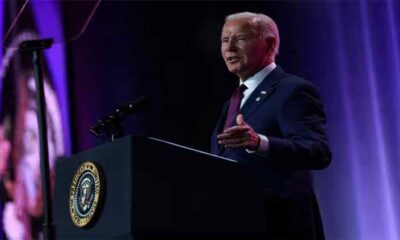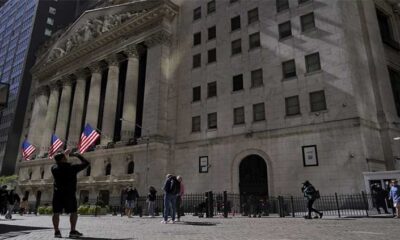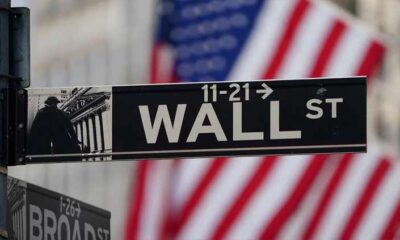Business
Safe-haven dollar sluggish as banking fears ebb; yen drops

Business
Star Entertainment says Hard Rock-led group weighs bid, shares surge
Star Entertainment says Hard Rock-led group weighs bid, shares surge
Business
Red Lobster seeks bankruptcy protection with $100 mln in financing commitments
Red Lobster seeks bankruptcy protection with $100 mln in financing commitments
Business
BMW imported 8,000 vehicles into US with parts from banned Chinese supplier, Senate report says
BMW imported 8,000 vehicles into US with parts from banned Chinese supplier, Senate report says
-

 Fashion3 months ago
Fashion3 months agoGiorgio Armani catwalk blooms with florals at Milan Fashion Week
-

 World3 months ago
World3 months agoTaiwan ally Tuvalu names Feleti Teo as new prime minister
-

 World3 months ago
World3 months agoTunisia court sentences ex-president Marzouki to 8 years in absentia
-

 Sports3 months ago
Sports3 months agoScaled-back opening ceremony for Paris Olympics to offer 326,000 tickets
-

 Sports3 months ago
Sports3 months agoWorld champion Brecel excited by new ‘golden ball’ format
-

 World3 months ago
World3 months agoUS Coast Guard boards Chinese fishing boats near Kiribati, official says
-

 Business2 months ago
Business2 months agoThe $7.3tr Biden budget is campaign pitch for spending, tax goals
-

 Tech3 months ago
Tech3 months agoLab-grown diamonds put natural gems under pressure























